Theia - Ethiopia Guji Uraga
Theia - Ethiopia Guji Uraga
Couldn't load pickup availability
Share
Shipping & Fulfillment
Shipping & Fulfillment
Orders are typically shipped out within 3 business days of placement. We use USPS and UPS to deliver orders. You will be receiving an email with tracking info once your order has shipped.
Titan goddess of sight, vision, and the ether of the sky.
-

Producers: Solemo Kebele Smallholders (Tracon Uraga Washing Station)
Mill/Washing Station: Uraga Washing Station by Tracon
Region: Uraga, Guji Zone - Oromia Region
Elevation: 2,100 MSAL
Grade: 1
Variety: 74110, 74112 & Local Landraces
Process: Anaerobic Natural
Anaerobic Environment Fermentation Time: 72 Hours
Drying Time: 17 Days on raised beds
Tracon’s reputation is well regarded and are no strangers among COE members globally. In 2021, Tracon chose to participate in Ethiopia’s second ever Cup of Excellence Auction and had 2 different coffees score an impressive placement in the top 20 of all the coffees submitted in the Ethiopia COE Auction. In 2021, a record-breaking number of entries 1,849 for any countrywide Cup of Excellence competition entered the competition to compete that particular year. Placing in the best of top 20 coffees produced in Ethiopia should speak volumes for itself..
This is our second year sourcing and working with Tracon Trading. From our experience over the years of sourcing from local Kebeles in and around the Guji Zone, Uraga in particular, the coffees grown in these areas are nothing short of spectacular and are highly coveted around the world for their very high quality and unique flavor profiles. Add careful antiquated experimental processing to the mix and a very methodical approach to dry milling, you might have lightening in a bottle.
Tracon is a family owned business who owns a total of 30 washing stations located around Ethiopia. All experimental coffees are processed at Tracon’s own washing stations. First, local farmers and brokers who collect cherries from the surrounding kebele (village) of Solemo come to the Uraga Washing Station to deliver their cherries. The washing station is managed by Awol Endris and he’s been spearheading and managing these experimental projects for Tracon in Uraga. Awol oversees cherry selection, post harvest production and compensation distribution directly to their local farming partners.
Tracon has developed a state of the art modern coffee cleaning and milling facility in Addis Ababa where the coffees are all transferred for final milling following the initial collection and post harvest production phase of all their coffee. The facilty is equipped with the latest Pinhalese coffee processing equipment to sort coffees by density, size and also utilize high level pieces of automated equipment like optical color sorters for final sorting. Tracon also directly supports several of the local farming communities they work with by providing in depth training on modern farm management and harvesting practices with local farmers each year. Each lot contracted with Tracon this year was done on a prebook basis prior to the coffee harvest. We believe embracing this model equips partners with the tools and resources to provide early harvest premium payments directly to farmers and to help producers mitigate and calculate risk knowing they have a secured buying partner on the other end to support their efforts.
PROCESSING
Once the cherries arrive to Tracon’s Uraga Washing Station, they are submerged in clean water to wash out any possible dirt or contamination that could affect the development of bacteria inside the fermentation tank. Once all cherries are clean and classified by their density, the heaviest cherries are selected and placed inside the fermentation tanks. These tanks were modified to have a one way relief valve added to the top of the tanks along with a hose that is placed inside a water bottle outside of the tank. The hose is placed inside the water bottle allowing the water to act as a barrier so that no oxygen can enter inside the tank and only allowing gasses to exit the tank, creating an environment free of oxygen within the tanks. After fermenting in the tanks for 72 hours, the coffee is then transferred to complete drying on raised drying beds for 17 days where the coffees are routinely raked and rotated by hand to assure consistent exposure and uniform drying during the drying phase.



